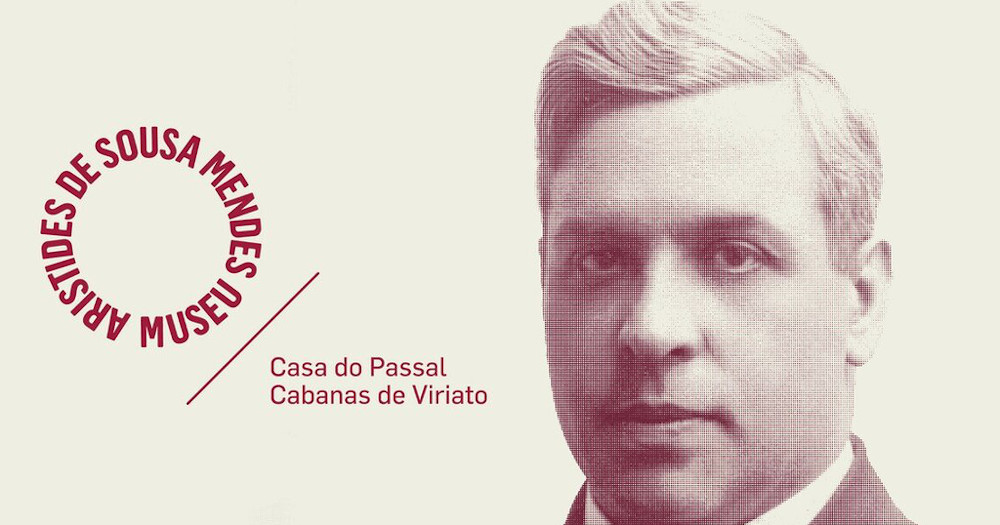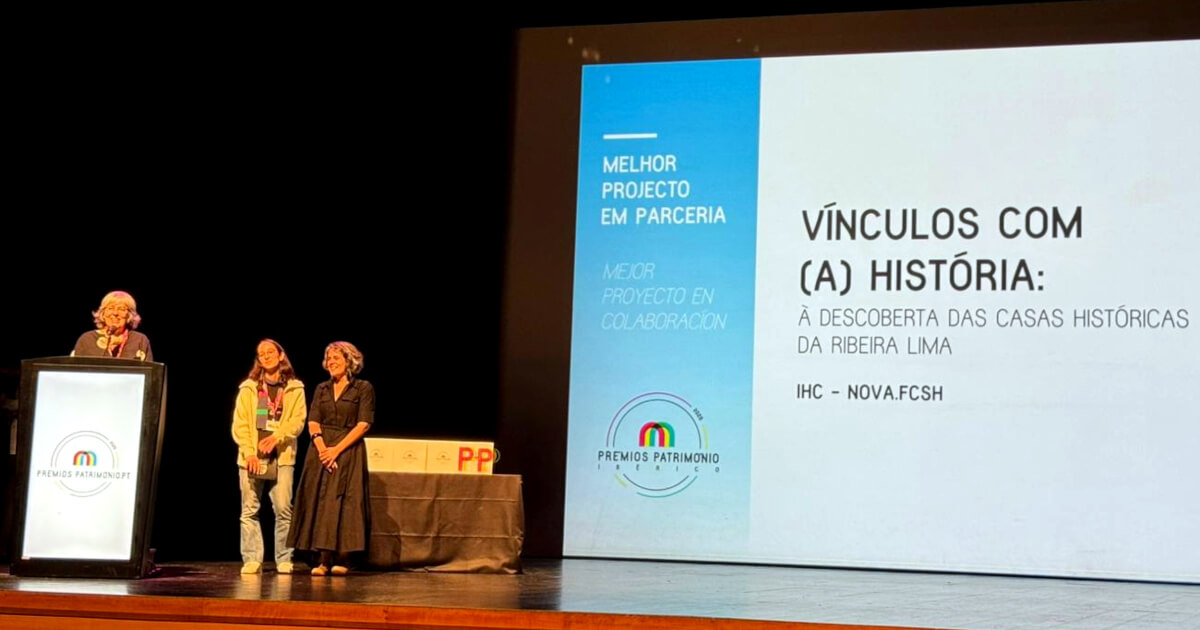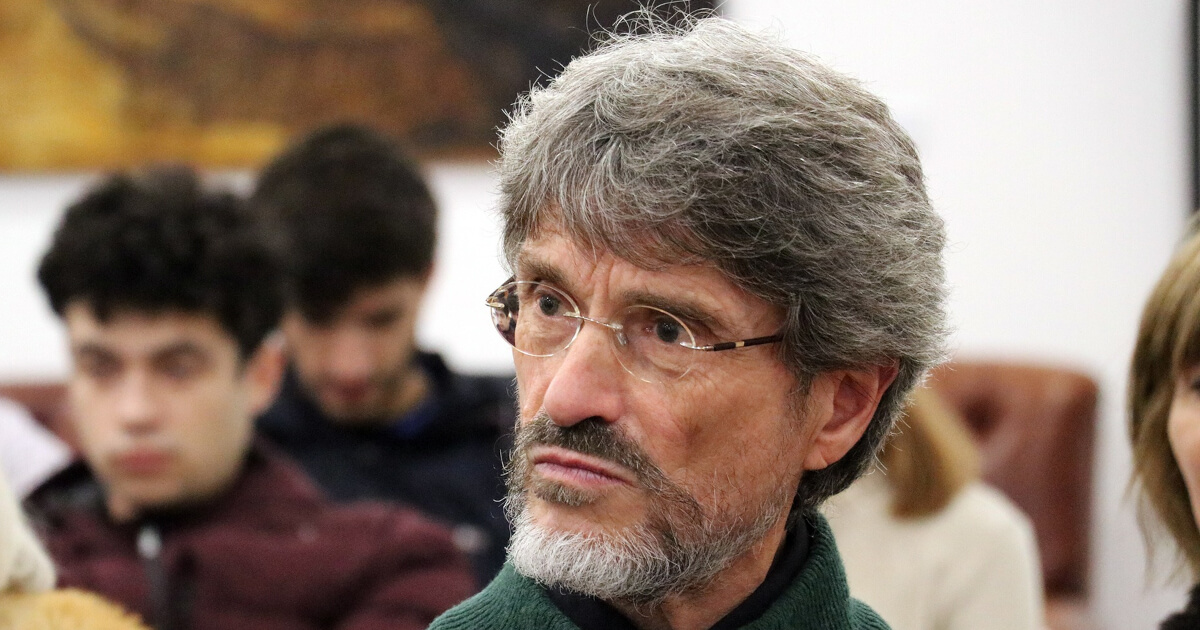Cláudia Ninhos is the curator of the new Aristides de Sousa Mendes Museum
Jul 18, 2024 | News

Cláudia Ninhos was responsible for the scientific research, content selection and texts for the new Aristides de Sousa Mendes Museum. The museum will be inaugurated on 19 July by the President of the Republic, Marcelo Rebelo de Sousa, to mark the birthday of the former Portuguese consul in Bordeaux.
Located in the house that was once the family home of Aristides de Sousa Mendes, Casa do Passal (Cabanas de Viriato, Carregal do Sal), the project for this museum took several years to materialise, so “there is enormous expectation around the permanent exhibition’, as Cláudia Ninhos explains, for whom “the dissemination of history outside the ‘walls of academia’ has always been a mainstay” of her work as a researcher. This was a new challenge for Cláudia, so much so that she decided to do a postgraduate course in museology: “transforming the information contained in the documentation of the Ministry of Foreign Affairs and many other archives, the almost unpublished documentation of the Sousa Mendes family archive, into synthesised information, easily understandable by any visitor, was a huge challenge, as it requires knowledge that we historians don’t have.”
Cláudia Ninhos believes that the story this museum tells is “powerful and significant” and that “it has enormous transformative potential”. She explains that “in a world where indifference was dominant, Aristides and the other ‘saviours’ showed that it was possible to disobey, even if it had consequences. Telling these stories could be a source of inspiration for visitors and awaken in them individual forms of activism.” This museum will also make it possible to bridge the gap between the past and the present: “In a world like ours, marked by profound political and social transformations, by political and social polarisation, the past seems to want to become present again in the face of the rise of the far right, hate speech and xenophobia. This change requires the museum, as a civic institution, to take on an even more active role in the defence of equality, inclusion and social justice.” The curator recognises that “there are no neutral exhibitions and exploring issues related to our contemporary societies — such as the question of refugees, human rights, the duty of civil disobedience — presents us with challenges.” One of these challenges is “not to fall into false equations between the past and the present”. The aim of the museum’s narrative, then, is to use the power of the stories it tells “to encourage visitors to make a positive change in their consciousness, affirming itself as a space for the active defence of human rights.”
The museum’s permanent exhibition focuses on the humanitarian action carried out by the consul during the Second World War, allowing us to understand Casa do Passal as a “place of memory” and as a space for the social and political construction of its protagonist. It consists of several sections that tell the story of the house, of the Sousa Mendes family, of Aristides’ consular career, the historical context of the time, the main political events up to the ‘exodus’ of 1940, the trial, the sentence and the rehabilitation of the consul’s memory, as well as the stories of other Portuguese who also saved Jews during the Second World War. Among the many photographs and objects included in the exhibition are the decorations received by Aristides at the consular posts he held, a Parker pen with the A.S.M. monogram, the pocket watch of refugee Simon Van Den Berg (used during the 1940 exodus), the diary of Denise Blum (a teenager who lived in Paris when the Wehrmacht invaded France), and the medal of ‘Righteous Among the Nations’ (awarded by Yad Vashem in 1966). The museography is by Cariátides and the design by United by.
Picture: Carregal do Sal Municipality
Other news
-
 The IHC is one of the participating institutions of the Transatlantic Crossroads Lab
The IHC is one of the participating institutions of the Transatlantic Crossroads Lab -
 It was the winner of the Best Partnership Project
It was the winner of the Best Partnership Project -
 The commemorative session marked his retirement
The commemorative session marked his retirement
Search
Opportunities
Call for applicants — Three-Years Research Contracts
Deadline (IHC): 15 December 2025
News
IHC participates in the European project TransatlanticLab
Dec 19, 2025
The IHC is one of the participating institutions of the Transatlantic Crossroads Lab
‘Links with History’ wins an Iberian Heritage Award
Dec 10, 2025
It was the winner of the Best Partnership Project
António Cândido Franco honoured by the University of Évora
Dec 9, 2025
The commemorative session marked his retirement





